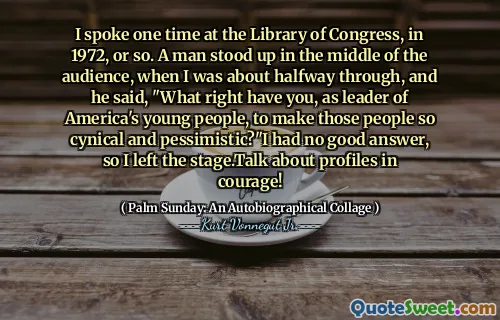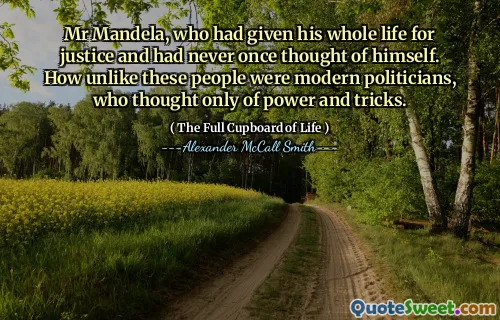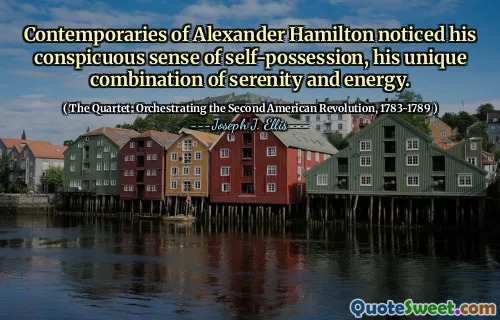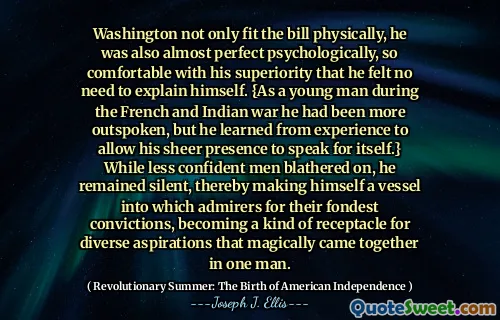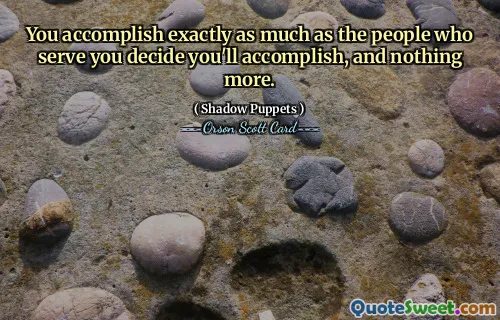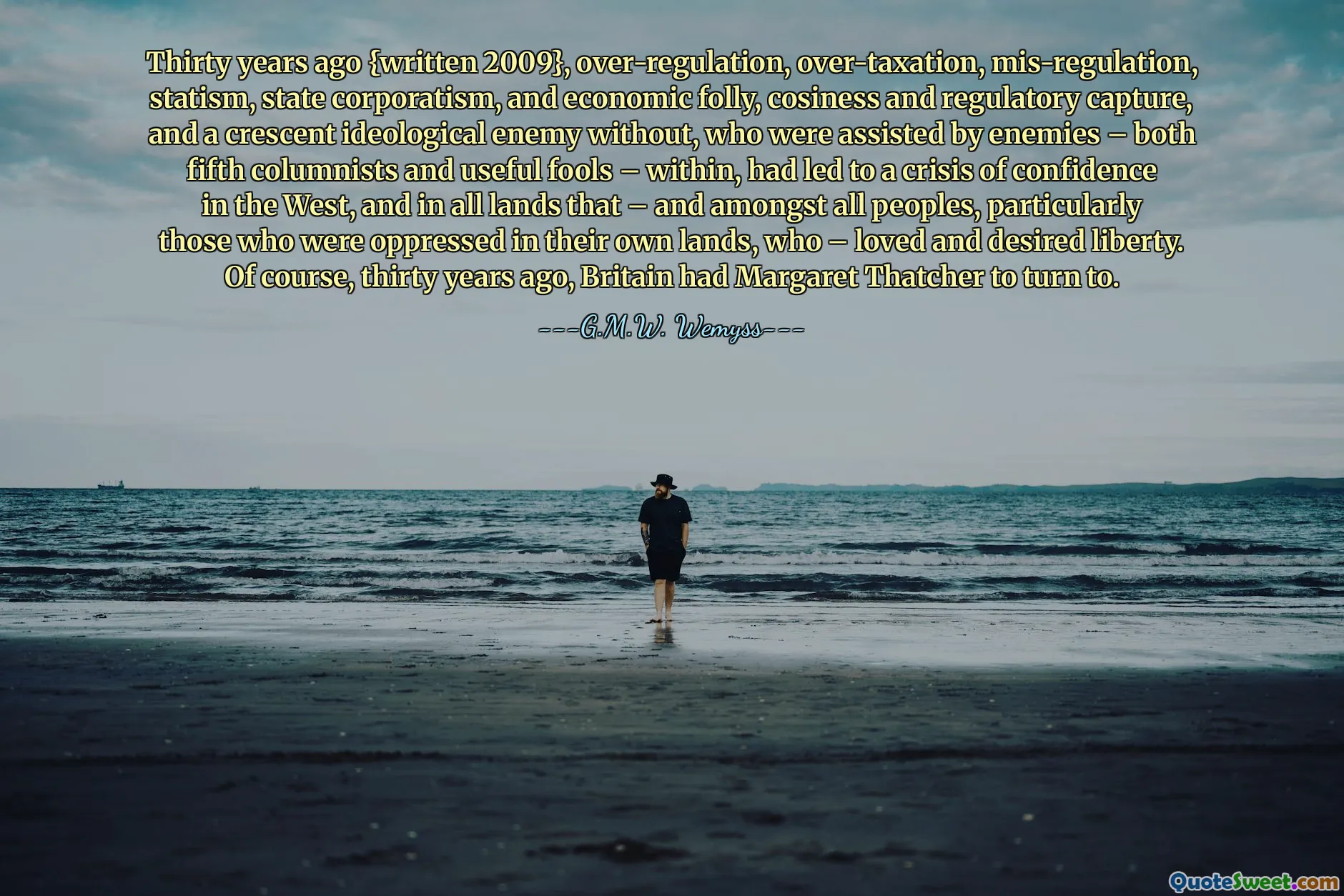
Thirty years ago {written 2009}, over-regulation, over-taxation, mis-regulation, statism, state corporatism, and economic folly, cosiness and regulatory capture, and a crescent ideological enemy without, who were assisted by enemies – both fifth columnists and useful fools – within, had led to a crisis of confidence in the West, and in all lands that – and amongst all peoples, particularly those who were oppressed in their own lands, who – loved and desired liberty. Of course, thirty years ago, Britain had Margaret Thatcher to turn to.
This quote offers a profound reflection on the socio-political and economic challenges that were perceived to have culminated in a crisis of confidence in the West around thirty years prior to 2009, i.e., the late 1970s and early 1980s. The author cites a litany of factors that contributed to this crisis: over-regulation, over-taxation, mis-regulation, and statism, among others. These expressions point to a frustration with government intervention perceived as excessive or counterproductive, and the entanglement of political and corporate interests (state corporatism and regulatory capture) that undermined economic freedom and political integrity.
The mention of a "crescent ideological enemy without," alongside internal threats described as "fifth columnists and useful fools," adds a layer of geopolitical tension that suggests a time when ideological conflicts – possibly referring to the Cold War environment – deeply affected Western confidence. This framing evokes a narrative where internal vulnerabilities and external threats combined to sap public trust and optimism.
Most notably, the passage singles out the figure of Margaret Thatcher as a beacon of change and hope at that time. Thatcher's legacy is emblematic of a shift toward deregulation, free market principles, and a staunch anti-statist philosophy, seen by many as a remedy to the malaise described earlier. Her leadership is framed as a turning point or counterweight to the decline in confidence and freedom.
Reflecting on this, one is invited to consider the cyclical nature of political and economic shifts, as well as the ongoing balance between government intervention and individual liberty. The narrative atmospherically captures a moment when Western societies grappled with redefining identity, governance, and economic philosophy amid perceived threat and decline. It raises timeless questions about how best to foster liberty without sacrificing social order, how to defend democratic values amid ideological conflict, and how leaders emerge to champion a vision that restores confidence.
The power of the quote lies not only in its identification of specific historical factors but in its evocative portrayal of an era charged with profound challenges and hopes. It encourages continuous vigilance regarding regulatory and political dynamics and underscores the enduring human aspiration for liberty as a driving force in history.






